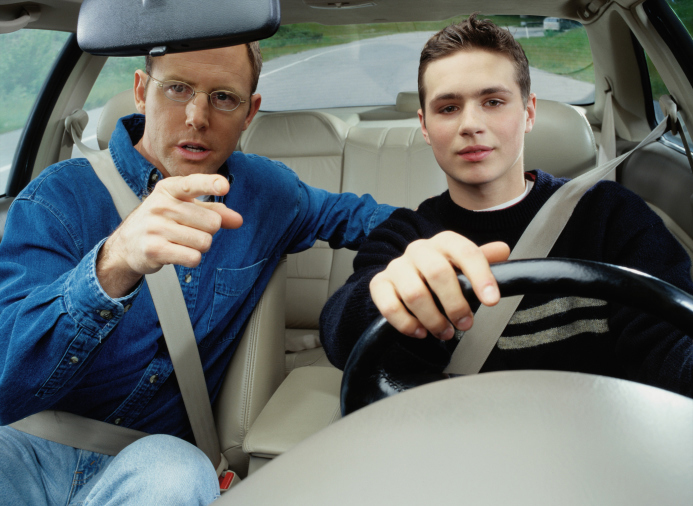Teenage Driver Safety

Car crashes are the number one cause of death for teens just learning to drive. The majority of crashes are due to inexperience, which is inherent in new drivers, but which can also be influenced by parents.
Start driving discussions early
Begin talking to your future teen driver early on in the process. Discussing your expectations as a parent can be an effective way to help reduce teenage driving accidents and can also provide an effective deterrent against unacceptable driving behavior. During these discussions be prepared to talk about household rules regarding passengers, nighttime driving, cell phone use, and seat belt use while driving. As your teen drivers “coach,” remember that your actions speak louder than your words. Be sure you are modeling the driving behavior you want your teenager to exhibit behind the wheel.Following are some teenage driver facts to consider when discussing driving with your teen and when setting household rules:
- Teenage drivers are 2 ½ times more likely to engage in risky behavior when there is a teenage passenger in their vehicle than when driving alone.
- 41% of teens say their parents continue unsafe driving behaviors, even after teens ask parents to stop.
- Teen drivers are twice as likely to wear seat belts if their parents are involved in their driving education.
How parents can help:
- Supervise your teenage driver's practice driving for at least six months for a total of at least 30 to 50 hours.
- Stress the importance of scanning for potential hazards.
- Establish household rules for driving, such as:
- No teenage passengers
- No driving after 9 p.m.
- No cell phone use while driving
- No changing radio stations or music while driving
- No speeding
- No tail gating
- Be a good role model and practice safe driving habits always, whether your children are in the vehicle with you or not.